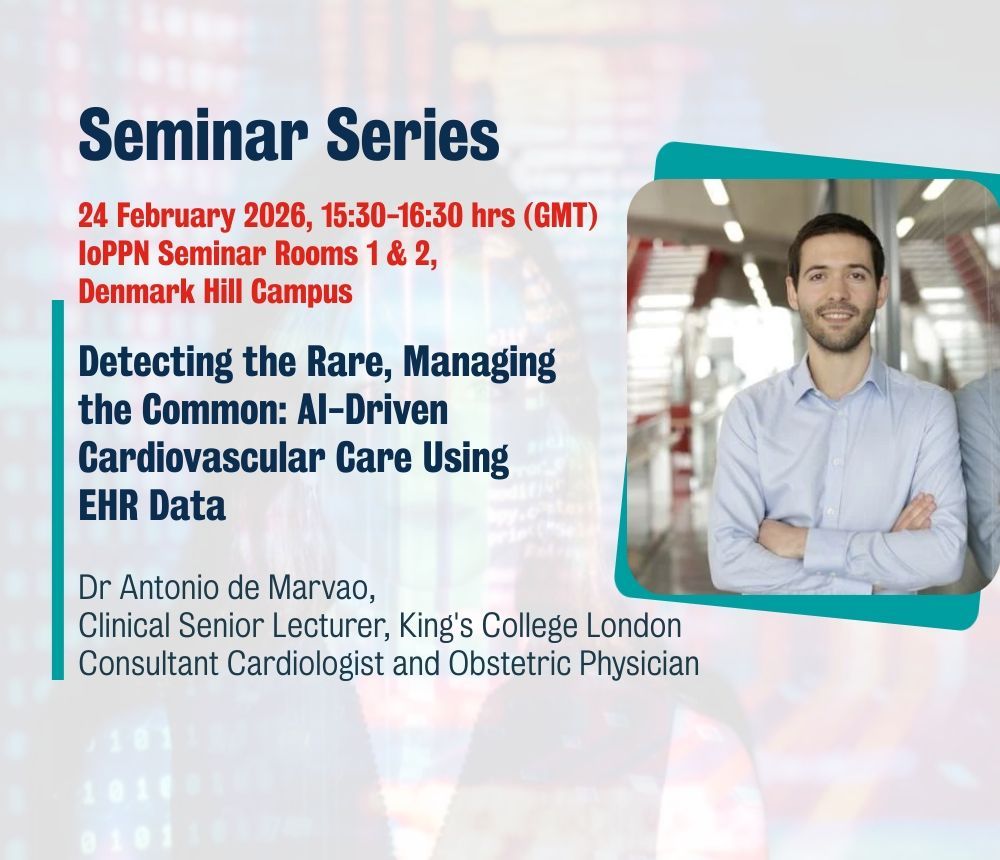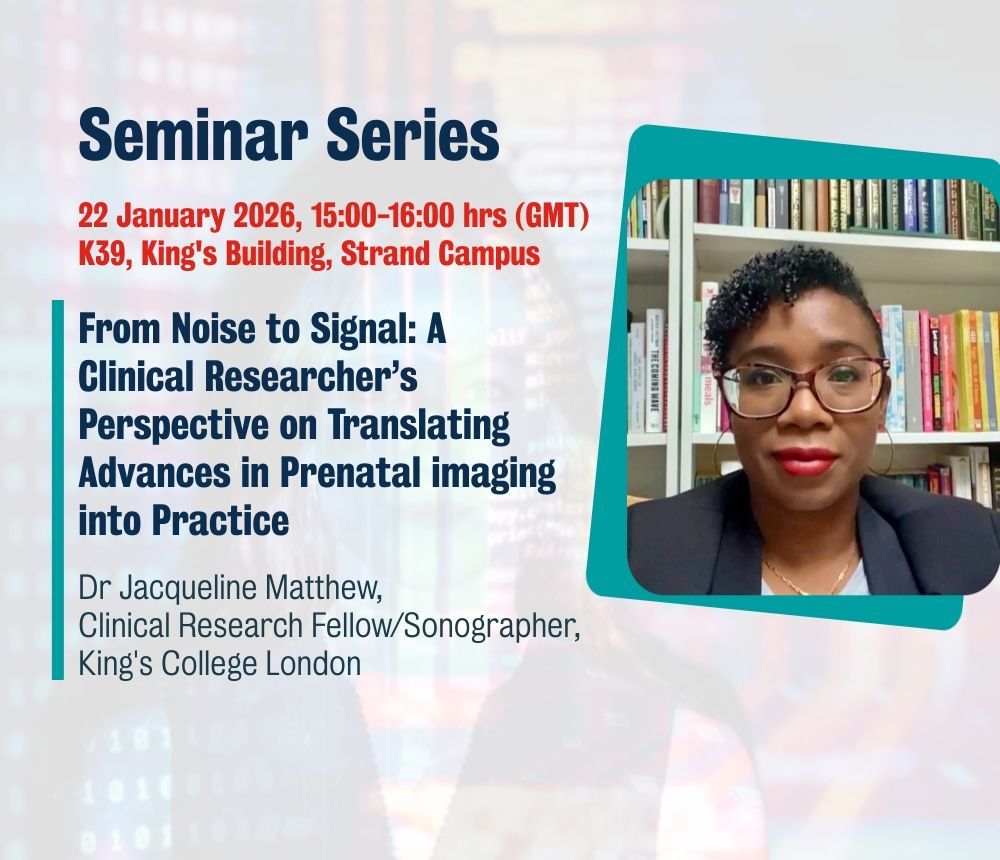Invited Speaker: John Vardakis, Co-Founder & CSO at Science Card
We are thrilled to invite John Vardakis to speak at our EPSRC DRIVE-Health CDT's summer symposium next month. John joins us from
Science Card to talk about "Exploring the Frontier: The future of GenAI Investments and Collaborations in Industry and Academia."
John Vardakis, PhD,
has a diverse work experience, primarily in the field of scientific research. John is currently serving as the Head of Science Card Investment Group at Science Card, where they are involved in innovative banking. Previously, they worked as a Research Scientist at the University of Glasgow, where they focused on simulation-driven microelectromechanical systems design. John also worked as a Research Scientist at INSERM, investigating tumor mechanics and vascular fractality quantification. At the Center for Computational Imaging & Simulation Technologies in Biomedicine (CISTIB), they conducted research in cardiovascular and cerebrovascular biomechanics. Their work at UCL involved computational modeling of dementia and image-guided neurosurgery for epilepsy. John completed their DPhil in Biomedical Engineering at the University of Oxford, where their research focused on fluid transport in the brain. John also gained experience in the fields of vascular diagnosis and market research at the University of Heidelberg and P2i, respectively. Additionally, they worked as a Mechanical Engineer at Enactus and completed a placement at King's College London's Centre for Robotics Research.
John Vardakis, PhD has a strong educational background in engineering and innovation. John obtained their Bachelor of Engineering (BEng) degree in Mechanical Engineering from King's College London in the years 2005 to 2008. John then pursued further education at the University of Oxford, where they completed the Centre for Doctoral Training in Healthcare Innovation from 2009 to 2010. Following this, they earned a Doctor of Philosophy (PhD) degree in Biomedical/Medical Engineering from the University of Oxford from 2010 to 2014. During their time at Oxford, they also pursued a diploma in Strategy & Innovation (Science Innovation Plus programme) from Saïd Business School, University of Oxford, from 2011 to 2012.
In addition to their academic degrees, John Vardakis has obtained additional certifications. In December 2010, they received a Mathwork Training Certificate for completing the "Deploying MATLAB Based Applications - .NET Edition" course. John also obtained another Mathwork Training Certificate in December 2010 for completing the "MATLAB Programming Techniques" course.
Registration is required, please email drivecdt@kcl.ac.uk for further event details.
Our annual Symposium is a one-day face-to-face event for all DRIVE-Health students, academic supervisors, stakeholders and partners. Our aim is to discuss translating scientific and technological innovations in AI and data science, from research to clinical practice and commercial enterprise.
The symposium will feature keynote talks, panel discussions, and poster presentations showcasing cutting-edge research and successful case studies. We will also celebrate our coming together with networking drinks at the end of the symposium.
The EPSRC DRIVE-Health Centre for Doctoral Training is training the next generation of PhD health data scientists to become the innovation leaders of tomorrow. Our students work within an active NHS environment, and develop new models of data-driven care, whilst leveraging significant recent investment and infrastructure in Health Data Research within the UK.
By registering for this event, you give consent to provide your name, e-mail address and registration information with King's College London for the purposes of managing the EPSRC DRIVE-Health CDT's Summer Symposium. Your personal data will be managed by those organisations and by Eventbrite according to their published privacy policies.
Share






